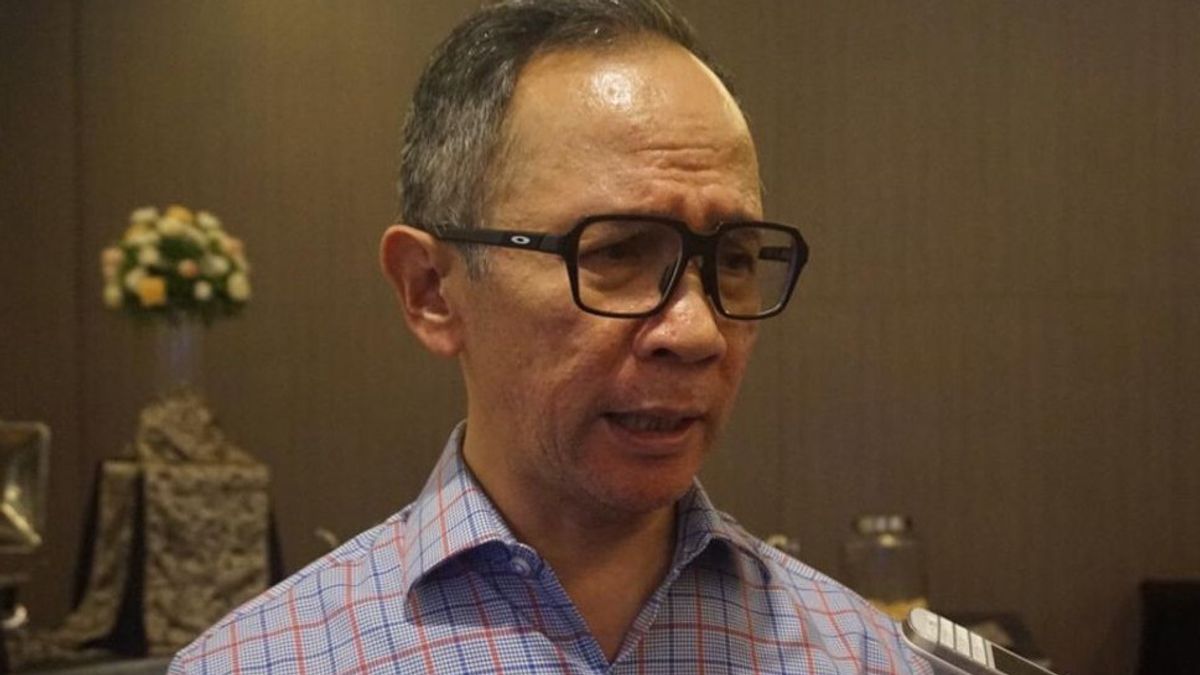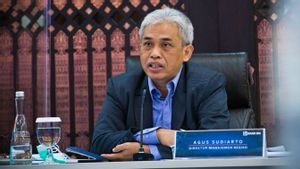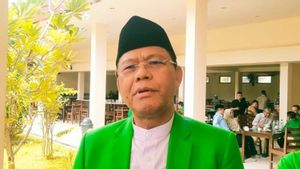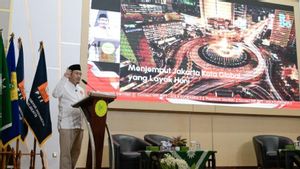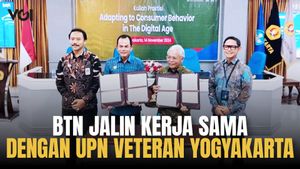JAKARTA - Chairman of the Board of Commissioners of the Financial Services Authority (OJK) Mahendra Siregar said that the limitations and capacity of human resources (HR) are one of the challenges for the financial services sector (SJK) to implement environmental, social and governance (ESG) aspects.
"Some of the challenges in developing the implementation of this ESG are the limitations and capacities of human resources who do understand both and are qualified in this important field, as well as data limitations such as data related to emissions and climate change and others," Mahendra said at a press conference on the results of the May 2024 OJK Board of Commissioners Meeting in Jakarta, quoted from Antara, Tuesday, June 11.
On the other hand, according to Mahendra, this is a challenge that must be responded to appropriately so that ESG can really be implemented better in Indonesia. In an international context, he reminded that Indonesia is also involved in the process of determining ESG at the regional and global levels so that Indonesia has an interest in implementing this standard more effectively.
Regarding its implementation, OJK continues to strive to increase capacity and human resources in the financial services sector (SJK) because it is a mandate from Law (UU) Number 4 of 2023 concerning the Development and Strengthening of the Financial Sector (P2SK).
Then, the OJK also cooperates with stakeholders, both from within and outside the country, to provide assistance to financial service institutions (LJK) who want to implement financial instruments that support sustainable aspects.
"In parallel, of course, OJK conducts good coordination with relevant ministries and institutions in order to cover up deficiencies or provide data and supporting information that are still felt to be lacking," said Mahendra.
Another thing that has been concretely carried out by the OJK includes the development of Indonesia's sustainable financial taxonomy as a guideline for classifying economic activities that support Indonesia's sustainable development efforts and goals that cover all aspects in the ESG and even more broadly.
SEE ALSO:
"For further development, several other initiatives include efforts to establish a disclosure standard that is launched internationally by the International Sustainability Standards Board (ISSB), the International Financial Reporting System (IFRS) so that what we are doing in Indonesia has international standards and interoperability capabilities," Mahendra said.
The implementation of ESG in the framework of sustainable finance, added Mahendra, must of course obtain the support of all parties, especially consumers. The demands, demands, and standards of consumers will in turn encourage companies including in the financial services sector (SJK) to respond even stronger.
"In this regard, of course, we hope that this entire ecosystem will in turn strengthen our momentum to carry out ESG even faster based on the needs and demands of consumers and stakeholders," said Mahendra.
The English, Chinese, Japanese, Arabic, and French versions are automatically generated by the AI. So there may still be inaccuracies in translating, please always see Indonesian as our main language. (system supported by DigitalSiber.id)
